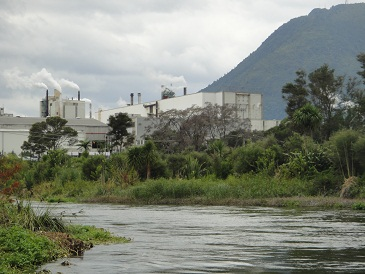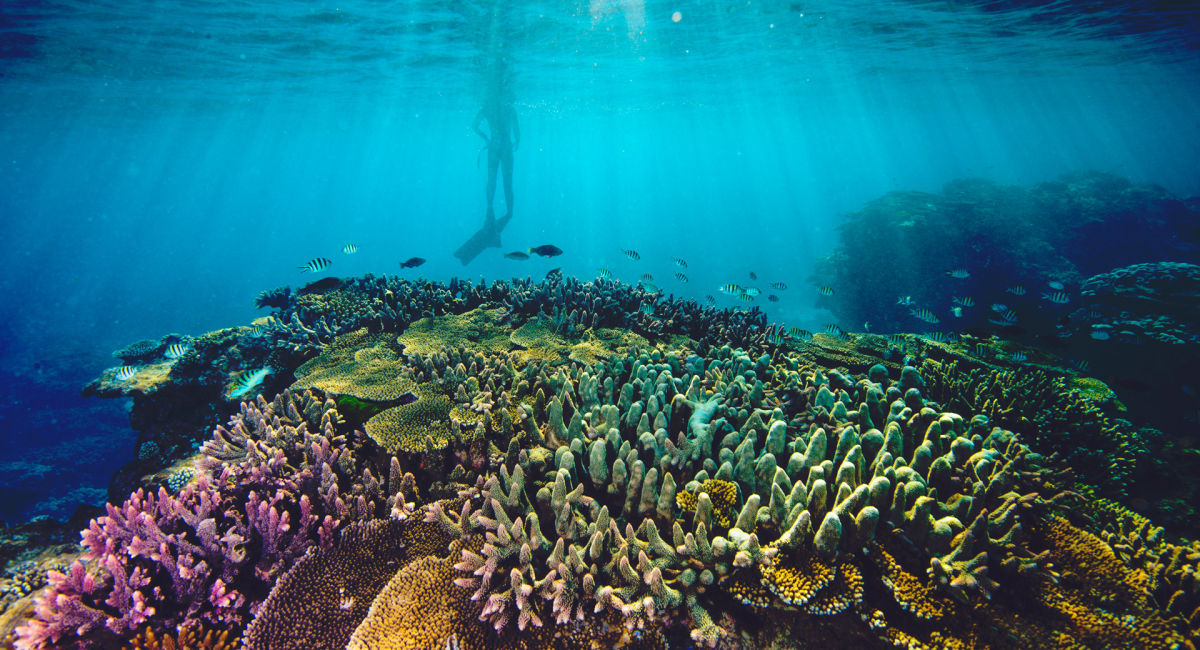DAY 5: Wasting Away
Activity 1: Off the Menu [4 points]
Fishing is a really common activity in New Zealand. In fact, people have fished in New Zealand for centuries. Unfortunately, over the past few decades some people have caught too many fish in one area and left the region without enough fish to refill (replenish) the stocks. When this happens we call the area ‘overfished’ and it is closed to all private and commercial fishing. If people are caught fishing in these areas, they are required to pay a fine (money). The maximum fine for fishing in a restricted area is $100 000.
What do you think about this rule? Is it fair that people are charged up to $100 000 for overfishing?
On your blog, tell us what you think about this rule and why you think it!.
It is a stupid rules because poor people might not know and plus poor people want fish so they can sell it and get money. Pay $100 000 is not fair for poor people.
Activity 2: The Black Drain [4 points]
Approximately two-thirds of all rivers and one-half of all lakes in New Zealand are too polluted to swim in, according to a recent article in an online newspaper. One of the most polluted is the Tarawera River in the Bay of Plenty region of New Zealand. Pollution enters the river from a local pulp and paper mill, from local farms and through the local sewage system. Many other rivers in New Zealand are also polluted with waste from businesses and farms.
Use Google to help you find two other polluted rivers in New Zealand.
On your blog, tell us:
1) The names of the rivers.
2) The location of the rivers.
3) What is being done to clean up the rivers (if anything)

Activity 3: Faded Glory [5 points]
The Great Barrier Reef is the world’s largest coral reef system, made up of 2900 individual reefs. It is so big that it can actually be seen from space! The reef is located on the east coast of Australia and many people believe that it is millions and millions of years old. For most of its life, the reef has been a healthy, vibrant ecosystem. Over the past thirty years, however, it has changed dramatically. Much of the beautiful bright coral has become bleached and has lost its colour. Sections of the reef have also been damaged by tourists, cyclones and the introduction of new, damaging invasive species.
The Australian government is working to protect and preserve the reef. Each year they spend about $200 million dollars repairing and protecting the reef. It is a lot of money and they could really use some help raising the money (funds) required to repair the reef. This is where you come in!
On your blog, list three different ideas or strategies for raising funds to preserve the Great Barrier Reef. What could you do to fundraise here in New Zealand?
I could send some money to biuld the reef and to make it even wider.
Hi Solomone
ReplyDeleteI hope you're having a fantastic new year!
I'm enjoying catching up on your blogging since I've been on holiday.
I like your thinking about the 100,000 fine for over-fishing.
Poor people may not know at all - they might not have access to places that tell them. That sort of thing does happen a lot. What do you think is a more realistic way of stopping people from over-fishing?
I'm keen on seeing your response to activity 2 - the names of the rivers. Could you complete that for me and t hen I'll give you the points for all three.
Have a great day!
- Lee
Hi Solomone...great to see you blogging on the SLJ. There's still some time to complete the activities before school begins - how many more can you get done? Keep up the great work
ReplyDelete